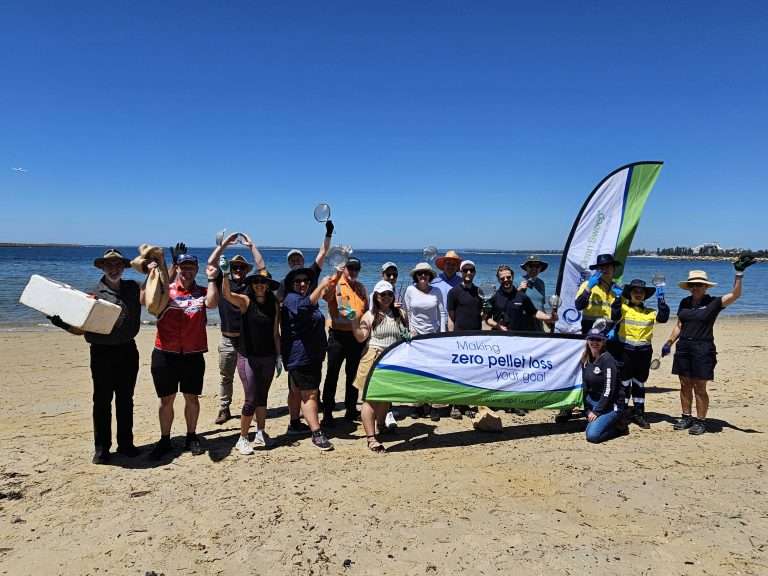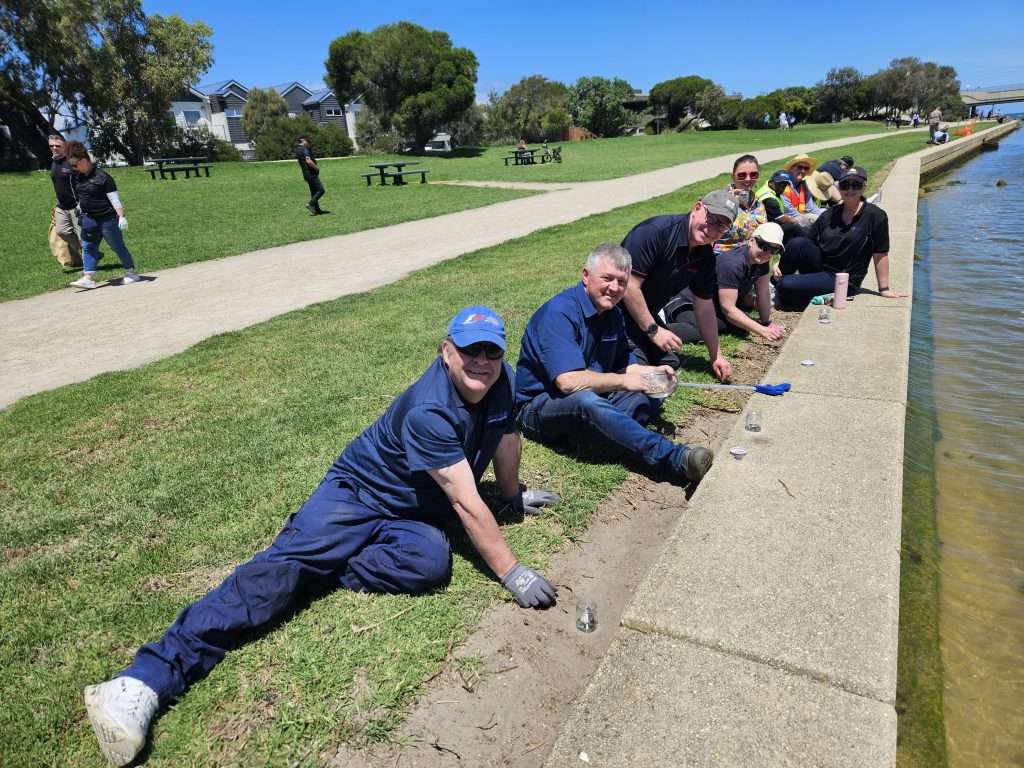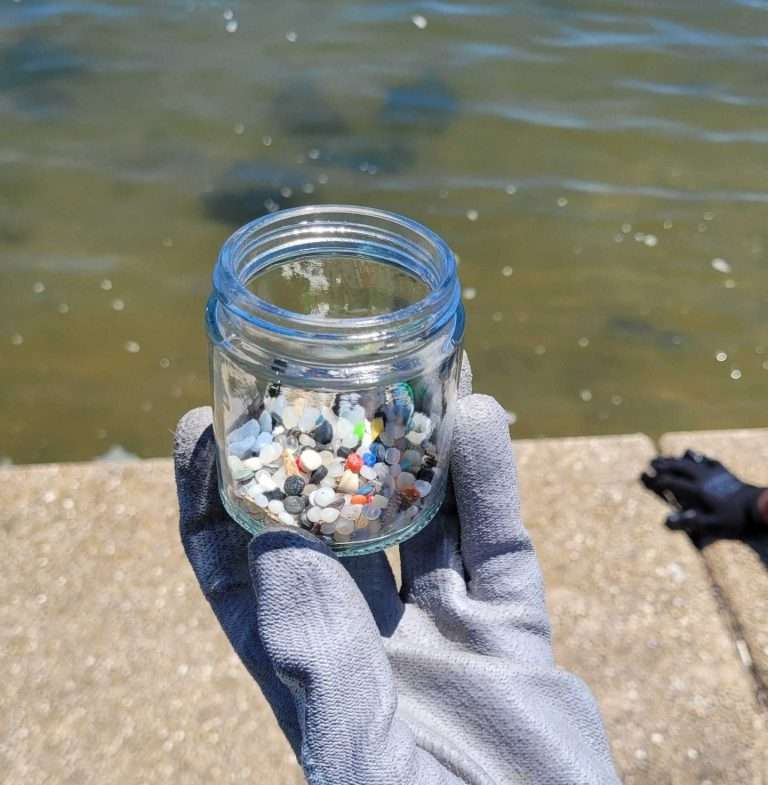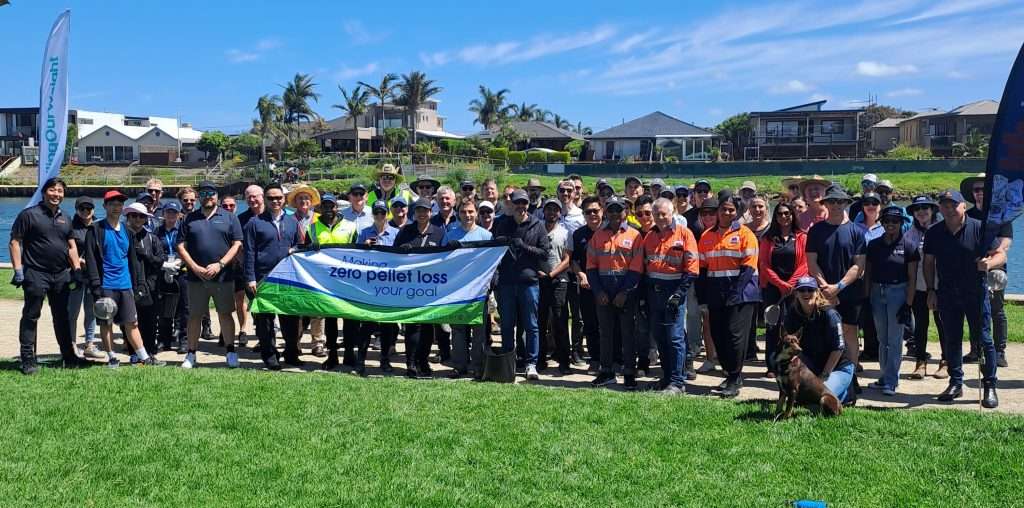The hunt is on for microplastics in Operation Clean Sweep's Nurdle Hunt 2024
Last week, Tangaroa Blue Foundation held the annual Operation Clean Sweep Great Nurdle Hunts in Sydney and Melbourne, jointly organised with the NSW Environment Protection Authority (EPA), Chemistry Australia, Dow Chemical and Viva Energy.

Sydney’s event was held at Plane Spotters Beach in Botany, with 26 plastic industry representatives, NSW EPA officers, NSW DCCEEW officers and Chemistry Australia, assessing the extent of plastic feedstock pollution and removing over 100kg of litter with a 3-4 PFP (Plastic Feedstock Pollution) rating.

The Melbourne event was held along the Patterson River in Carrum and saw over 70 plastic industry participants, Victorian EPA officers, and Chemistry Australia remove 47kg of litter and plastic feedstock pollution from the site with a 4-5 PFP (Plastic Feedstock Pollution) rating.
The event is an essential opportunity for the plastics and logistics industries to connect with state EPA Officers and the Operation Clean Sweep team from Tangaroa Blue Foundation to identify the levels of plastic feedstock lost into the environment, practical solutions on how to prevent the loss during day-to-day operations and the potential regulatory responses if this type of pollution is occurring by the EPA.

Microplastics must be managed appropriately
NSW EPA Executive Director of Programs and Innovation, Alexandra Geddes, said microplastics are a significant threat to the marine environment and must be appropriately managed.
"Early results from the EPA's Broadscale Microplastic Assessment indicate plastic feedstock, including flake, powder, recycled chip and resin pellets used to make plastic products, is found in 10 percent of NSW estuaries. The most effective way to reduce plastic feedstock entering our waterways is through correct handling during supply, manufacturing, recycling and transportation by industry."
Alexandra Geddes






